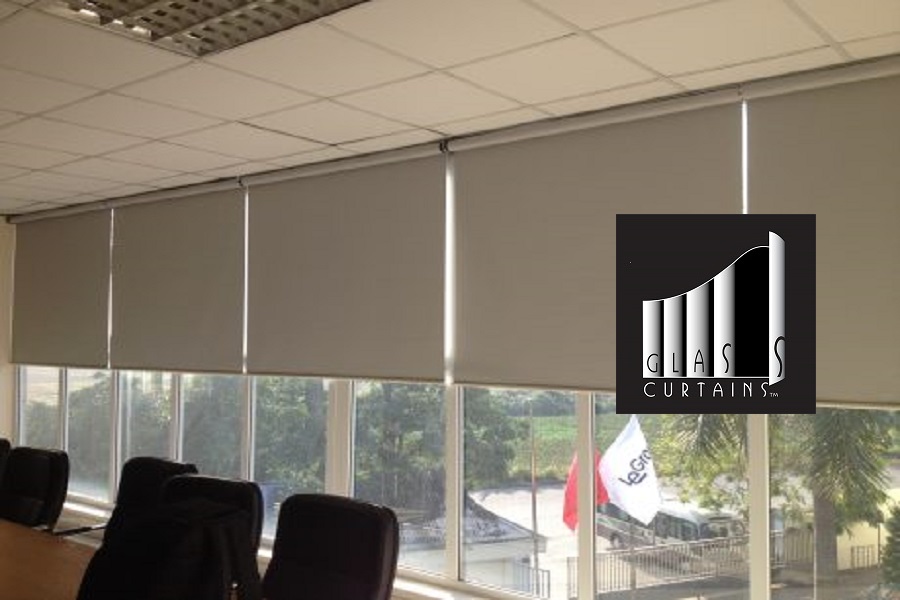Sliding folding doors, often referred to as bi-fold doors, are an innovative architectural solution that combines the functionality of sliding doors with the space-saving benefits of folding mechanisms. Comprised of multiple panels that fold upon themselves when opened, these doors offer a seamless transition between indoor and outdoor spaces. Unlike traditional hinged doors, sliding folding doors can cover larger openings without requiring extensive wall space, making them an excellent choice for modern homes and commercial buildings.
Introduction to Sliding Folding Doors
The basic design of sliding folding doors involves a series of panels connected by hinges, which glide along a track system installed either at the top, bottom, or both. GlassCurtains This mechanism allows the panels to fold neatly to one side, maximizing the usable space. The track system ensures smooth operation and durability, making these doors a practical and stylish option for various applications.
One of the standout features of sliding folding doors is their ability to create an unobstructed view, bringing natural light into the interior while offering a panoramic perspective of the outdoors. This characteristic is particularly valuable in Vietnam, where the integration of indoor and outdoor living spaces is a growing trend in modern architecture. The tropical climate and scenic landscapes make sliding folding doors a popular choice for homeowners and architects looking to enhance the aesthetic and functional appeal of their spaces.
Moreover, the versatility of sliding folding doors extends beyond residential use. In commercial settings, such as restaurants, hotels, and offices, these doors provide flexibility in space management, allowing for the creation of open, inviting areas that can be easily reconfigured as needed. Their sleek design and ease of operation contribute to a contemporary look, aligning with the minimalist and open-plan concepts favored in current interior design trends.
Historical Context and Evolution
Sliding folding doors have a rich history that traces back to ancient civilizations. Glass Curtain Originally, these doors were primarily used in regions such as China and Japan, where space optimization was crucial. Over the centuries, the concept of sliding and folding mechanisms evolved, adapting to changing architectural needs and cultural aesthetics. This evolution was not confined to their functionality but also included enhancements in materials and design.
In Vietnam, the adoption of sliding folding doors can be seen as part of a broader trend influenced by both indigenous architectural styles and external cultural exchanges. Traditional Vietnamese architecture, known for its emphasis on harmony with nature and efficient use of space, found a natural complement in the flexible and space-saving nature of sliding folding doors. These doors allowed for seamless transitions between indoor and outdoor spaces, enhancing ventilation and natural light—key elements in Vietnamese building design.
The French colonial period in Vietnam brought further modifications to local architectural practices, incorporating European influences into traditional designs. During this time, sliding folding doors began to feature more prominently in both residential and public buildings. The blend of European materials such as glass and metal with traditional woodwork created a unique architectural fusion that remains evident in many Vietnamese structures today.
Modern developments in technology and materials have further expanded the versatility of sliding folding doors. Innovations in manufacturing and design have led to the creation of more durable and aesthetically pleasing options. Contemporary Vietnamese architecture often features sliding folding doors made from advanced materials such as aluminum and tempered glass, which offer enhanced security and energy efficiency while maintaining the traditional aesthetic appeal.
Thus, the historical journey of sliding folding doors in Vietnam reflects a continuous adaptation to cultural and architectural trends. From their ancient origins to their modern incarnations, these doors have evolved to meet the changing needs and preferences of Vietnamese society, embodying a harmonious blend of tradition and innovation.
Materials and Design Options
Sliding folding doors, known for their versatility and aesthetic appeal, are available in an array of materials, each offering unique benefits. In Vietnam, popular choices include wood, aluminum, glass, and composite materials. Each material is chosen based on its durability, aesthetic qualities, and functional benefits.
- Wood is a classic and timeless option, often preferred for its natural and warm appearance. Wooden sliding folding doors offer excellent insulation properties, making them ideal for both residential and commercial spaces. However, wood requires regular maintenance to prevent warping and damage from moisture, especially in Vietnam’s humid climate.
- Aluminum is favored for its strength, lightweight nature, and resistance to corrosion. Aluminum sliding folding doors are highly durable and require minimal maintenance. They can be powder-coated in a variety of colors, allowing for extensive customization. Additionally, aluminum’s sleek and modern look makes it a popular choice for contemporary designs.
- Glass sliding folding doors are synonymous with elegance and sophistication. They maximize natural light, creating a seamless connection between indoor and outdoor spaces. In Vietnam, tempered or laminated glass is commonly used for added safety and security. However, glass doors may require frequent cleaning to maintain their pristine look and can be less energy-efficient compared to other materials.
- Composite materials combine the best features of wood, aluminum, and other elements to create doors that are highly durable, low-maintenance, and aesthetically versatile. Composite sliding folding doors offer excellent insulation and can be customized in various finishes and colors, making them a practical and stylish choice for many homeowners and businesses.
- When it comes to design options, Vietnamese manufacturers provide a wide range of choices, including different colors, finishes, and customization possibilities. From traditional to modern aesthetics, these doors can be tailored to complement any architectural style. Customization options may include textured finishes, wood grain patterns, and various hardware choices, allowing for a unique and personalized touch.
Bài viết xem Thêm : GlassCurtains
In conclusion, the materials and design options available for sliding folding doors in Vietnam offer ample flexibility to meet diverse aesthetic and functional needs. Whether opting for the warmth of wood, the durability of aluminum, the elegance of glass, or the versatility of composites, there is a solution to suit every preference and requirement.
